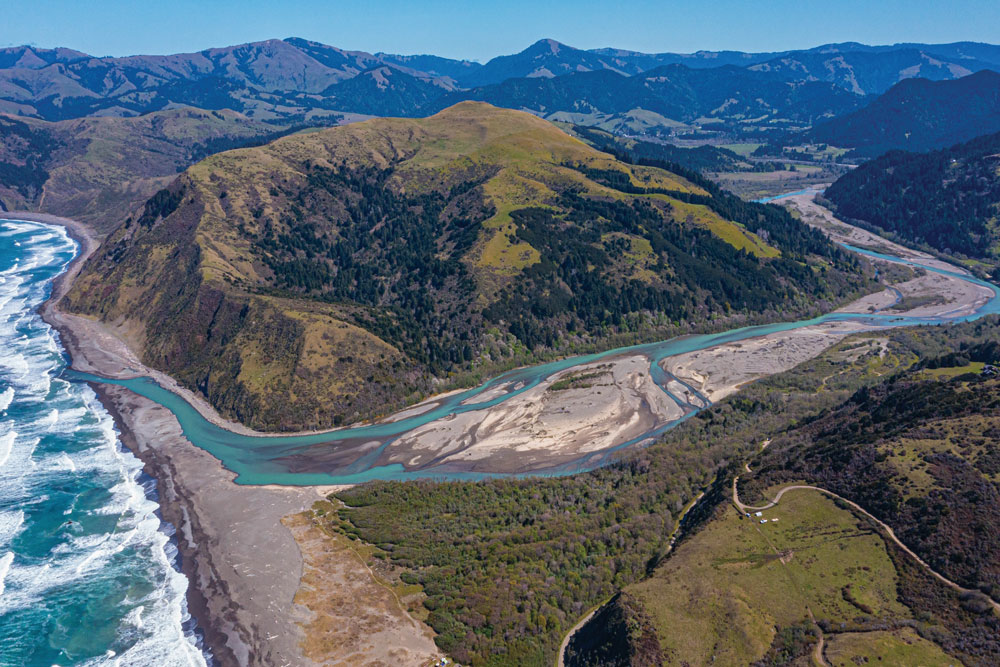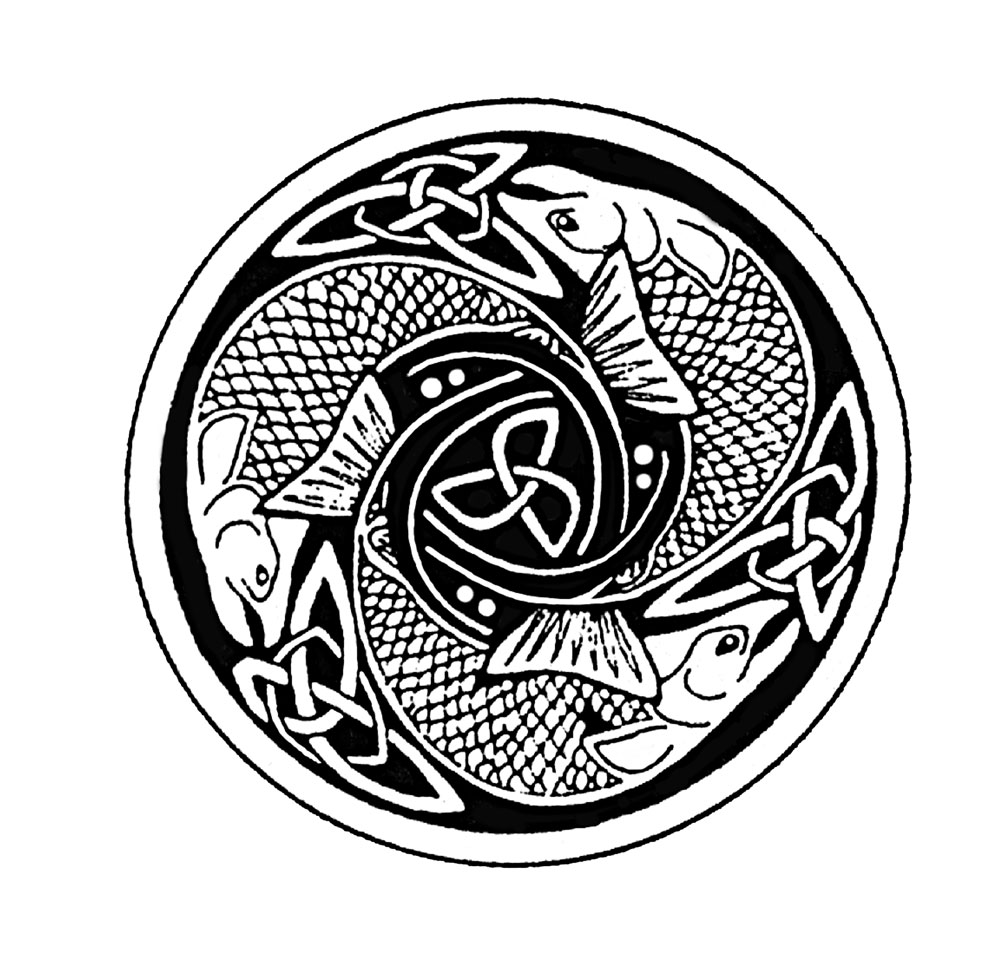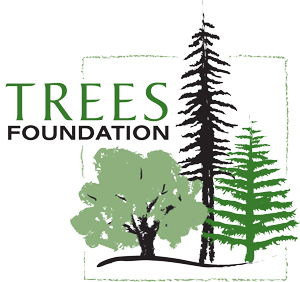25th Annual Coho Confab on the Mattole River

Returning to the Roots of Coho Salmon Restoration, August 25-27, 2023
Salmonid Restoration Federation (SRF) is coordinating the 25th Annual Coho Confab that will take place August 25-27 on the Mattole River in Humboldt County. This year’s Coho Confab will be held at the Mattole Retreat Center which is on the banks of the beautiful Mattole River in Petrolia, CA at the westernmost point of the Continental U.S.
The Coho Confab is a field symposium to learn about watershed restoration and techniques to restore and recover coho salmon populations. The Confab provides an ideal opportunity to network with other fish-centric people and to participate in field tours that highlight innovative salmon restoration practices. This year, SRF is collaborating with several groups to produce this educational event including Sanctuary Forest, Mattole Restoration Council, Mattole Salmon Group, Stillwater Sciences, and Eel River Watershed Improvement Group. The Confab is funded through CDFW’s Fisheries Restoration Grant Program.
The Coho Confab will open Friday evening, August 25th with a community dinner and inspiring orientation presentations. Tasha McKee, Water Project Director of Sanctuary Forest, will present on the Evolution of Streamflow Projects in the Mattole Headwaters.

Tasha reflects, “WOW—it has been 21 years since we started this work in response to the summer of 2002 when the Mattole River stopped flowing just upstream of the Shelter Cove Bridge crossing. We hoped it was a rare drought but as the years have gone by, extreme low flows have occurred in most years with 2021 being the lowest. Our thinking has evolved along with our projects—both in response to the severity and frequency of drought and also learning what we can expect from the different approaches we have tried for improving streamflow. We hope to share our journey from storage and forbearance, to groundwater recharge projects and most recently, streamflow augmentation ponds with metered delivery for the lowest flow months. We look forward to discussing these approaches and touring pilot projects—instream groundwater recharge projects that compare beaver dam analogs with log weirs and use of subsurface clay restrictive barriers to slow the subsurface flow. We will also discuss the need for upslope water sources and tour upslope groundwater recharge projects and upslope flow augmentation ponds. Project outcomes, lessons learned and the evolving science underlying the projects will be discussed, within the context of restoring salmonid rearing habitat. We look forward to learning from the group and exploring the many questions that come along with this work—how much wetted channel do we need to restore and how much is actually feasible? Is it even possible to maintain flow throughout these drought years—or instead should we target specific habitat reaches and pools with sufficient water for isolated salmonids to survive?”
Other orientation talks will include an overview by Flora Brain, Mattole Field Institute and King Range Alliance Coordinator, for the Mattole Field Institute program and the development of a land-based Resilience, Education, and Research Station that could serve as a Cal Poly Humboldt Field Station and also a tribal interpretation and cultural center for the Bear River Band. The Mattole Salmon Group will also present on the concept of Fewer Trees on the Ridges, More Trees in the Creek as a primer for their exciting tour.
Mattole Confab field tours will include a full-day tour to the Mattole headwaters to see beaver dam analogues, flow enhancement projects, and Baker Creek led by Sanctuary Forest and Stillwater Sciences. The Mattole Salmon Group, Mattole Restoration Council, and Bureau of Land Management scientists will lead the tour, Fewer Trees on the Ridges, More Trees in the Creek, to showcase restoration work combining fuels reduction and instream wood placement across public and private land in the middle Mattole River.
Other potential tours will include visits to the beautiful Mattole estuary, restoration projects in the South Fork Eel, and perhaps a tour of Bull Creek that has been a study site in Redwood National Park for many years and for many projects.
The full Confab agenda will be available in May and registration is already open for this exciting event.
For more info: www.calsalmon.org
